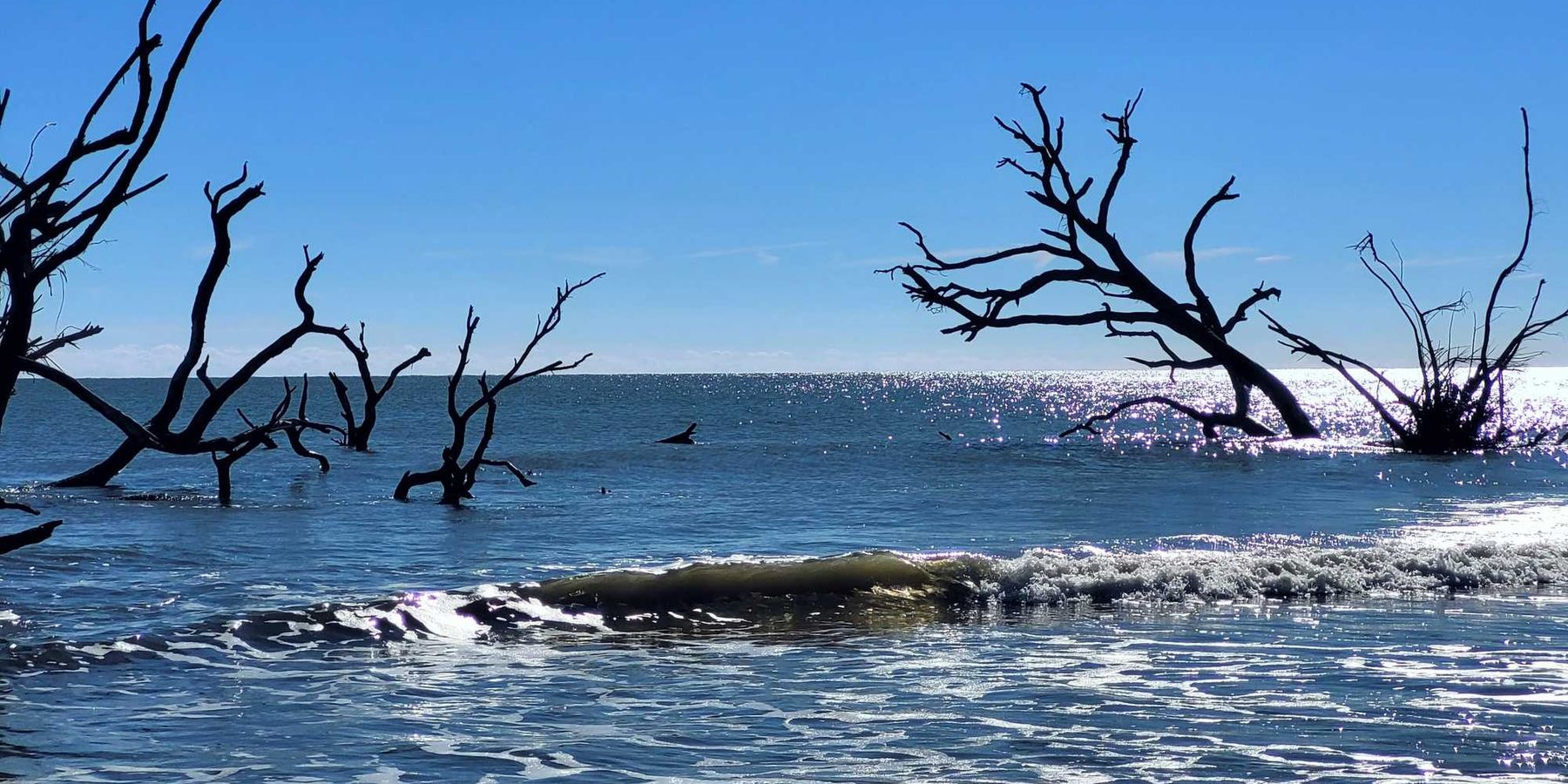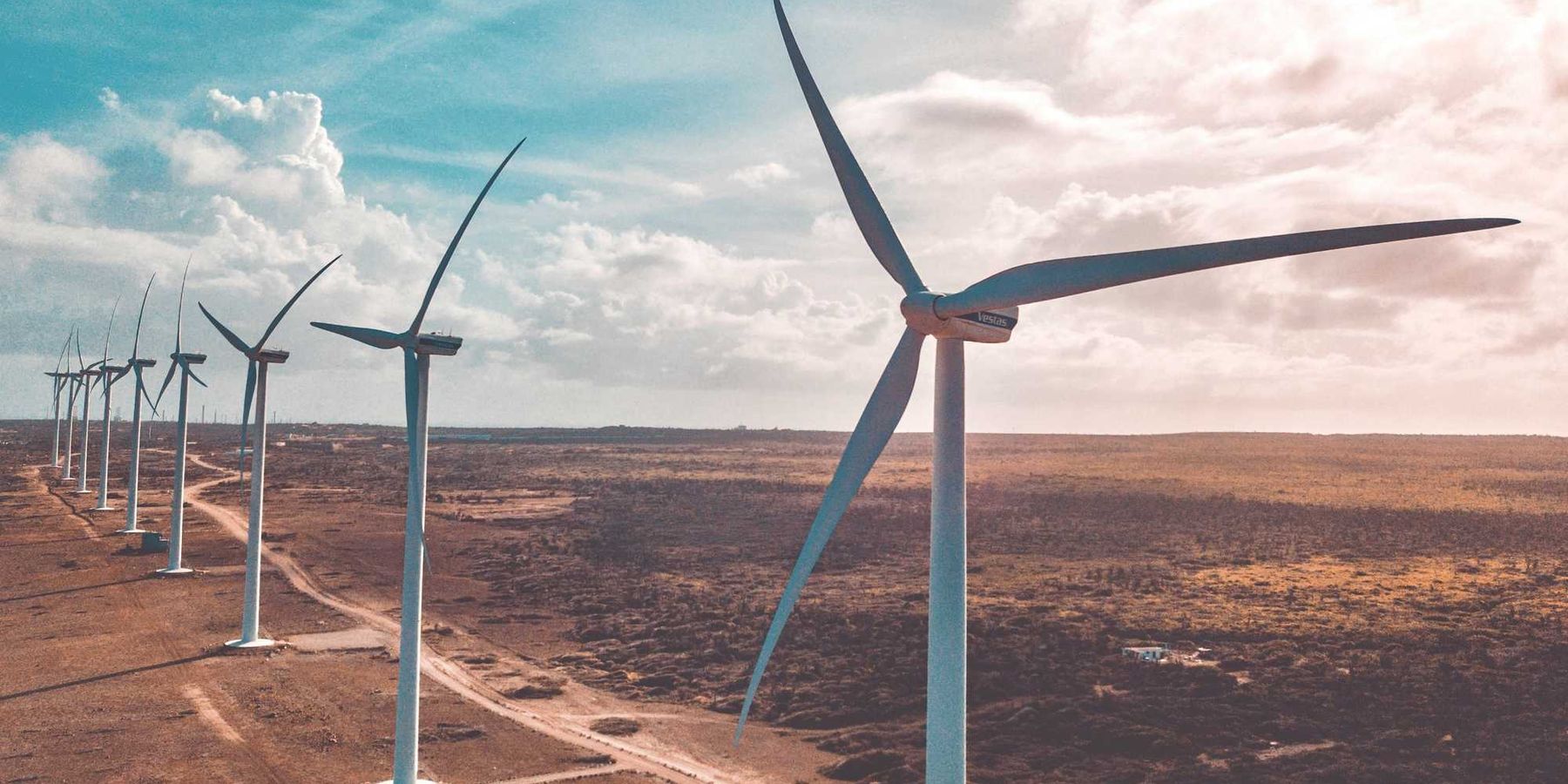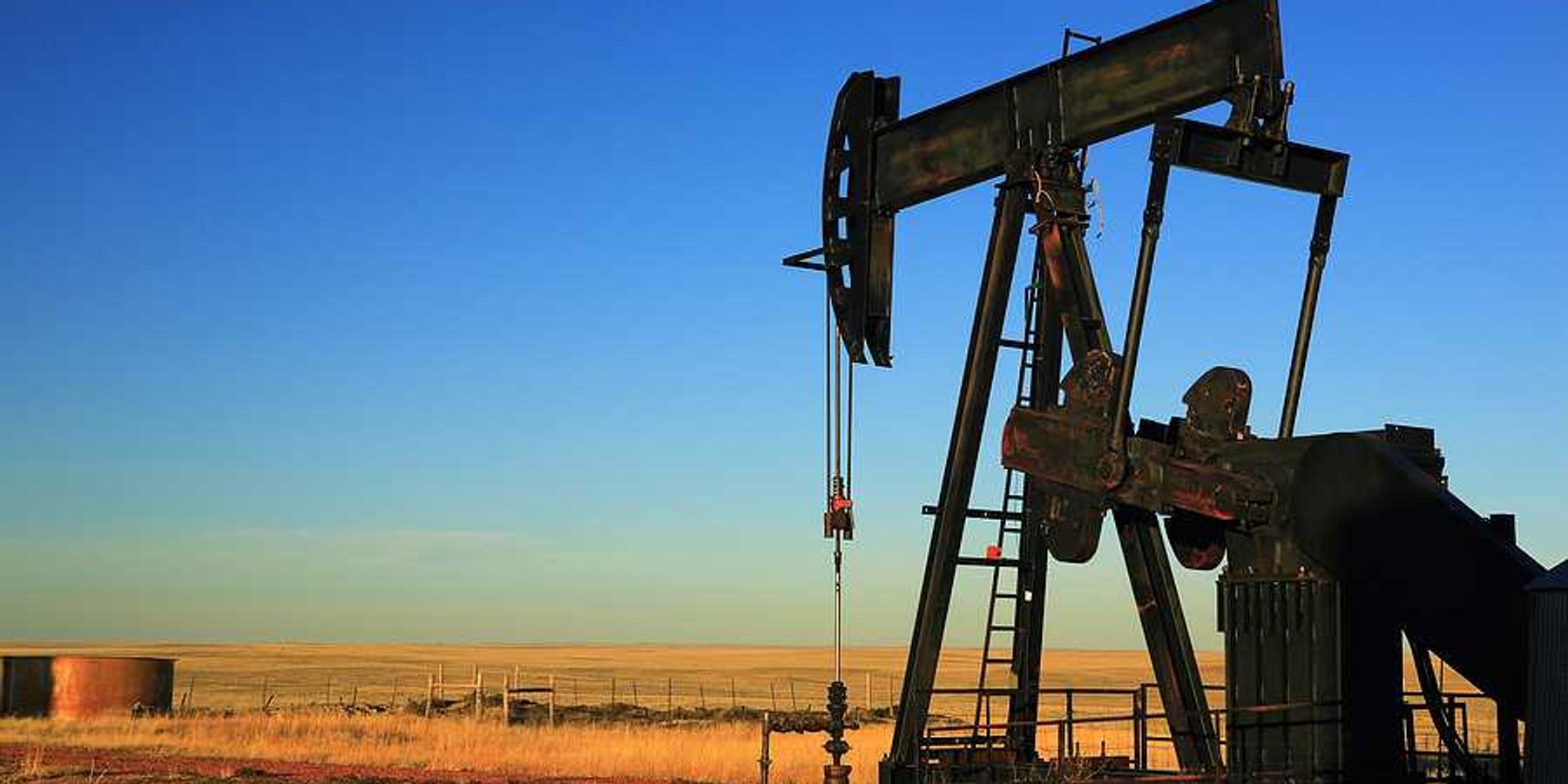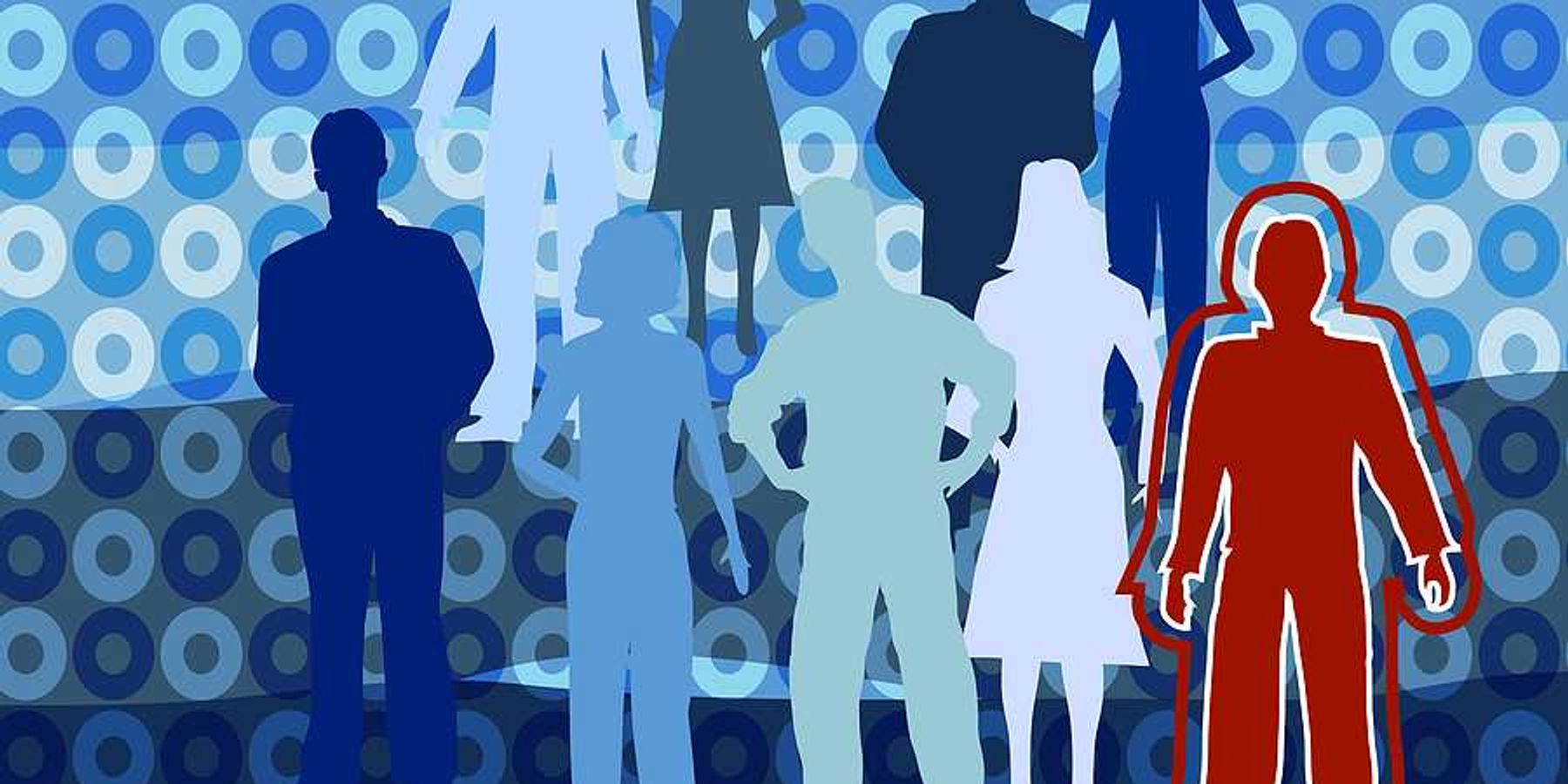Opinion: Finding climate solutions in communities instead of labs
A project to protect Miami residents from extreme heat is part of a US trend in making science and research work for the people impacted by climate change.
People living in Miami’s low-income neighborhoods knew it was dangerously hot. Whether they were waiting for a bus, working construction, or merely trying to sleep without air conditioning, they knew the ever-rising temperatures posed a threat to their health and well-being.
That’s why Catalyst Miami, a community-based nonprofit, made extreme heat a top priority. But when Catalyst organizers took their concerns to the local government, they received a Catch-22-like response: officials didn’t have data on extreme heat, so they couldn’t address the problem.
Catalyst Miami set out to collect the missing data. Partnering with local universities, volunteers placed heat and humidity sensors throughout the community, at bus stops and other places where people were suffering in the heat.
Their findings were stunning: temperatures were often 30 degrees Fahrenheit higher than those announced by the Weather Channel. Official measures of temperature are taken in a breezy spot at the airport —where no one is waiting for a bus.
It’s a problematic approach to climate change and health. Too often, analysis and problem solving takes place removed from real people’s lives, while problems at the ground level are misunderstood or ignored.
Catalyst Miami, and many other community-based nonprofits, are working to change that.
A community-led approach to extreme heat
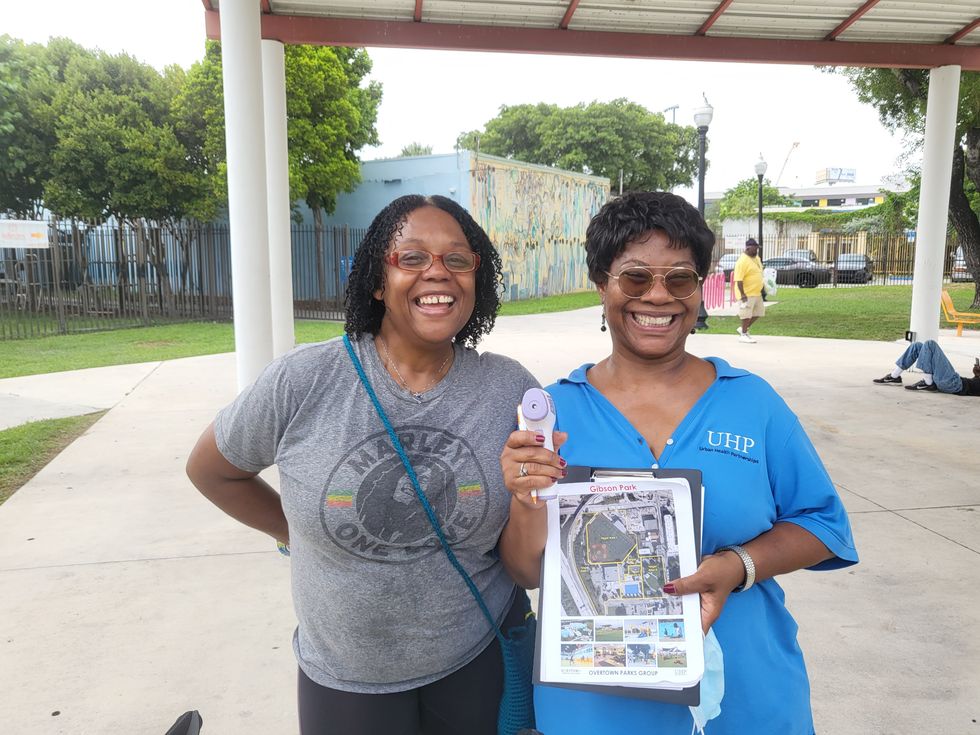
Across the U.S., community groups are taking on the climate crisis from the ground up. Several are part of the Kresge Foundation’s Climate Change, Health and Equity initiative, a joint effort of Kresge’s health and environment grantmaking teams.
The initiative grew from the mismatch between those experiencing the worst effects of climate change and those devising solutions. “Due to generations of racist policies and practices, low-income communities and communities of color are most at risk from the health impacts of climate change,” Shamar Bibbins, a senior program officer in Kresge’s environment program, said. “But they are often excluded from the policymaking table. That’s a problem because it’s members of the community who are closest to the problem and they have the experience and expertise to co-create effective and equitable solutions.”
The first step is to ask community members what they are experiencing. Catalyst Miami surveyed local residents and medical professionals about their top climate-related concerns. “We already knew it was going to be heat,” said Catalyst Miami CEO Zelalem Adefris, “but the surveys confirmed what we’d been hearing for years.”
In Austin, Texas, a group called Go Austin/Vamos Austin (GAVA) listened to community concerns and changed its mission in response. Originally founded to tackle the upstream causes of childhood obesity, GAVA’s organizers pivoted after two devastating floods inundatedSoutheast Austin neighborhoods, where they’re based. Realizing that climate change guarantees similar floods in the future, “we had no business continuing to work in these neighborhoods if we weren’t going to take on these issues,” said Carmen Llanes, GAVA’s executive director. The group now has support from the Kresge Foundation’s initiative to address health and climate issues defined by the community – including flooding.
Once community priorities are identified, residents can help documenting the problem. Many groups are partnering with universities to conduct citizen science efforts – like Catalyst Miami’s heat sensor project – in which residents collect data to “groundtruth” other information sources. For example, GAVA worked with the University of Texas to compare NOAA’s climate data to residents’ lived experience. In New York City, WE ACT for Environmental Justice, another Kresge Foundation grantee, launched the Harlem Heat Project in 2016, partnering with researchers, media and residents to measure heat inside apartment buildings. More recently, WE ACT members surveyed the city’s cooling centers to understand how well these places are serving residents.
Climate injustice
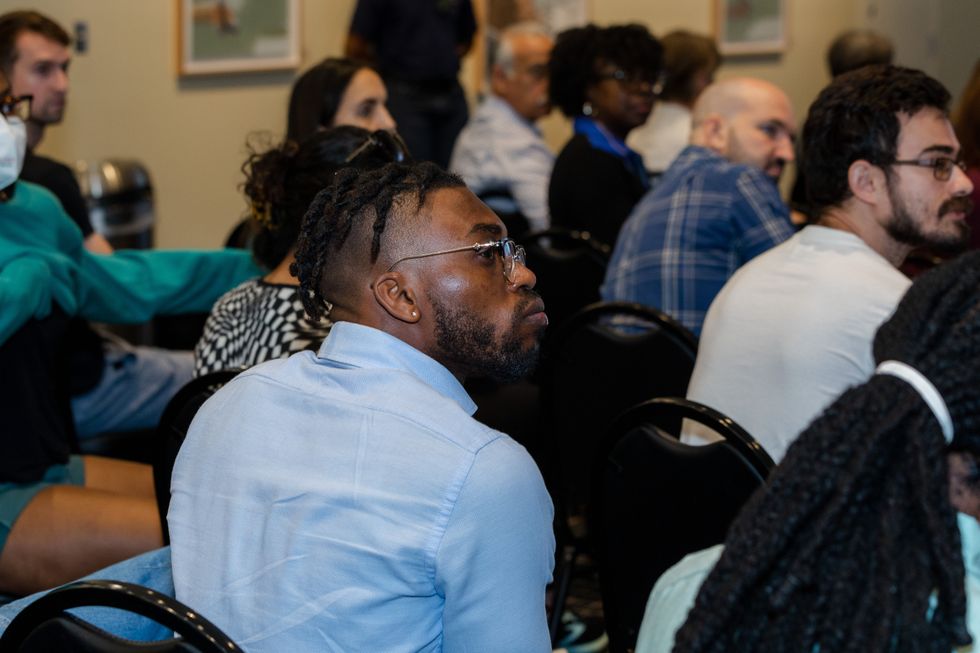
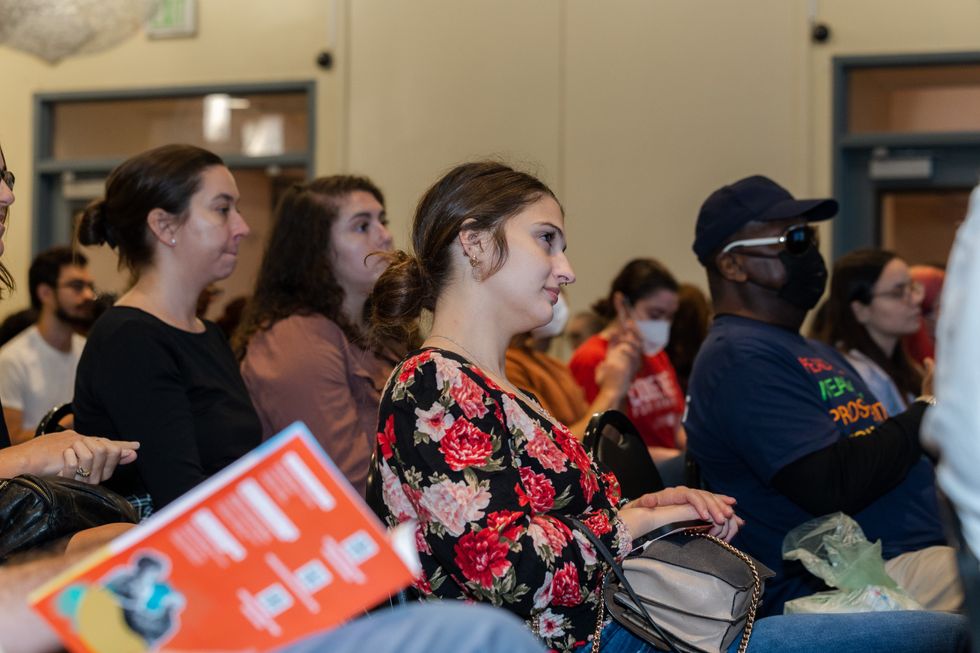
As these citizen science efforts show, the view from the bus stop is different from that of policymakers in air-conditioned offices. It’s not just that environmental conditions are different on the ground; it’s also about the conditions in people’s lives. “The people who are most vulnerable to climate impacts are often coping with chronic illness, housing insecurity, financial insecurity, job insecurity — on top of systemic and institutional and interpersonal racism,” said Sonal Jessel, WE ACT’s director of policy. “People are dealing with bundles of hardships.”
Those hardships intersect and compound sometimes in deadly ways. “On really hot days, people don’t turn on their air conditioners because then their bills get too high and they can’t pay them,” said Jessel. “So, people die in their homes. Or they end up having to be hospitalized for heat stroke.” A recent study confirmed that New Yorkers found dead in their homes from heat either didn’t have air conditioning on or lacked air conditioning altogether.
Moreover, the legacy of redlining and other racist policies has left Black and brown neighborhoods more vulnerable to climate impacts. Crowded with polluting industries and deprived of parks and green spaces, these neighborhoods are hotter and more flood-prone than their wealthier, whiter counterparts.
Those intersecting hardships call for solutions that address the real conditions of residents’ lives. “You can’t assume everyone has air conditioning or can afford to turn it on,” said Adefris of Catalyst Miami. “You can’t assume everyone works in an office.” That’s why grantees involve residents at every stage of problem solving — from identifying priorities to devising solutions.
It’s an approach that differs markedly from typical planning processes, said Ucha Abbah, climate resilience project manager at GAVA. Usually, planners will announce a project and solicit public comments, “but they only want to hear from the community about one specific thing,” Abbah said. “An equitable process involves the community at every step, from inception to implementation.”
Climate solutions that work for everyone
This more-equitable approach is getting results. In Miami, data from the heat sensor project helped spur the appointment of the nation’s first chief heat officer, who is charged with developing and deploying a comprehensive action plan for extreme heat. Catalyst Miami successfully advocated for opening the committee’s meetings to the public: “There were around 50 participants in every single meeting,” said Adefris, “and people talked about the issues and the solutions they would recommend. Our community is full of solutions.”
Now being implemented, Miami’s extreme heat plan includes measures to keep people cool in their homes – by retrofitting public housing with efficient air conditioning units, for example – as well as protections for outdoor workers and efforts to expand the tree canopy.
In New York City, WE ACT helped win a program that distributes free air conditioning units to low-income households throughout the city. And WE ACT is fighting for the state’s energy assistance program to subsidize utility costs for air conditioning in the summer, as well as for heating during the winter.
In Austin, GAVA won funding for infrastructure improvements to reduce flooding in long-ignored, flood-prone neighborhoods in South Austin. The group also advocates for equitable investments in the city’s tree canopy and green spaces. And GAVA’s climate navigator program trains residents to anticipate, prepare for, and respond to flooding and other climate shocks and stressors.
Deeply rooted in their communities, these grassroots groups bring important and overlooked perspectives to climate challenges and solutions. And their approach — taking on the climate crisis from the ground up — has multiple, far-reaching benefits.
Consider, for example, those Miami residents exposed to dangerous heat while waiting for the bus. Solutions to their predicament include more-frequent bus service as well as investments in shade trees and structures. The benefits – better transit; a greener, cooler city; lower healthcare costs – accrue to everyone.
While solutions made by and for the most privileged leave too many people at risk, “the solutions that work best for the most vulnerable people in our community are the solutions that are going to work for everyone,” said Adefris.

